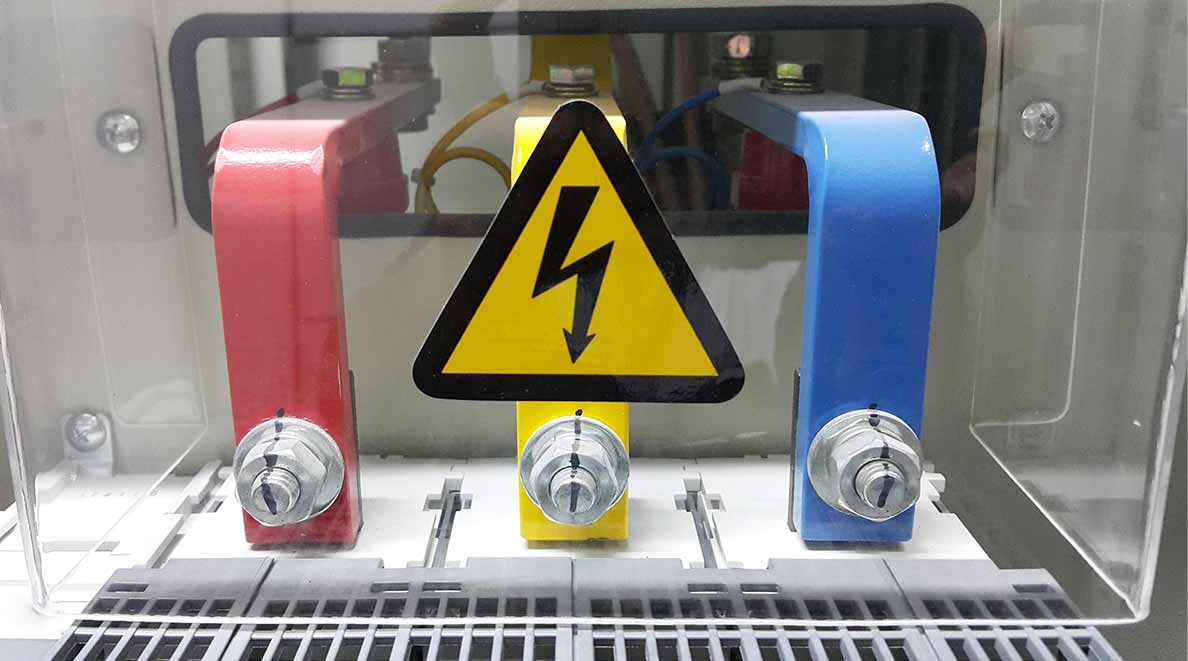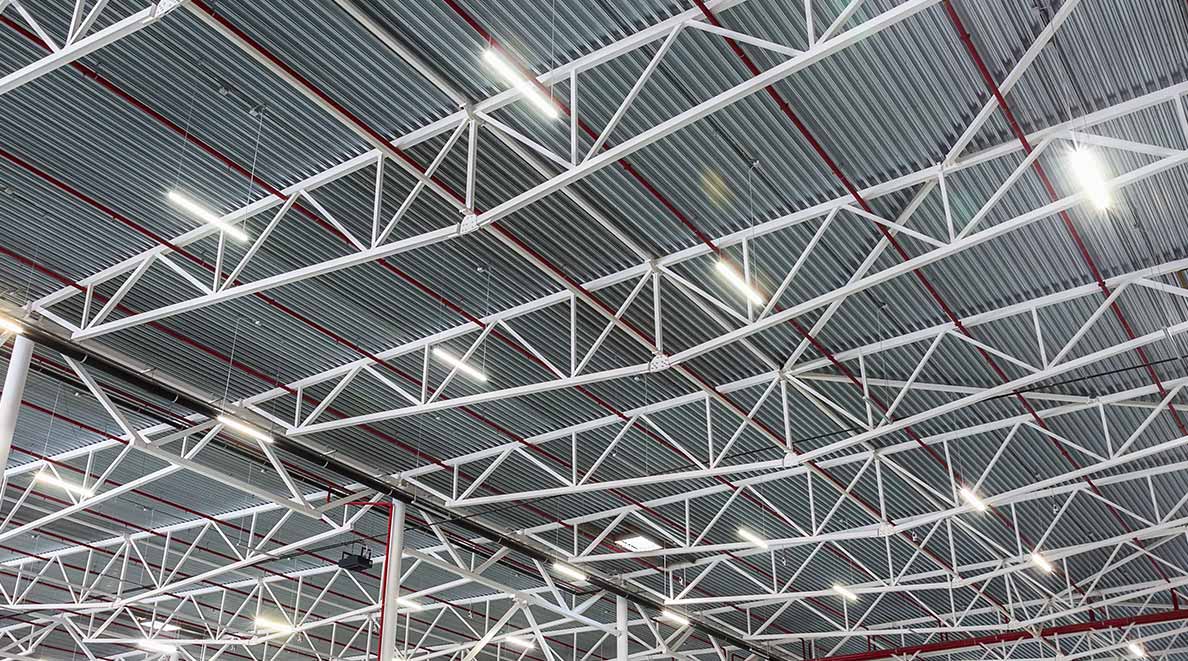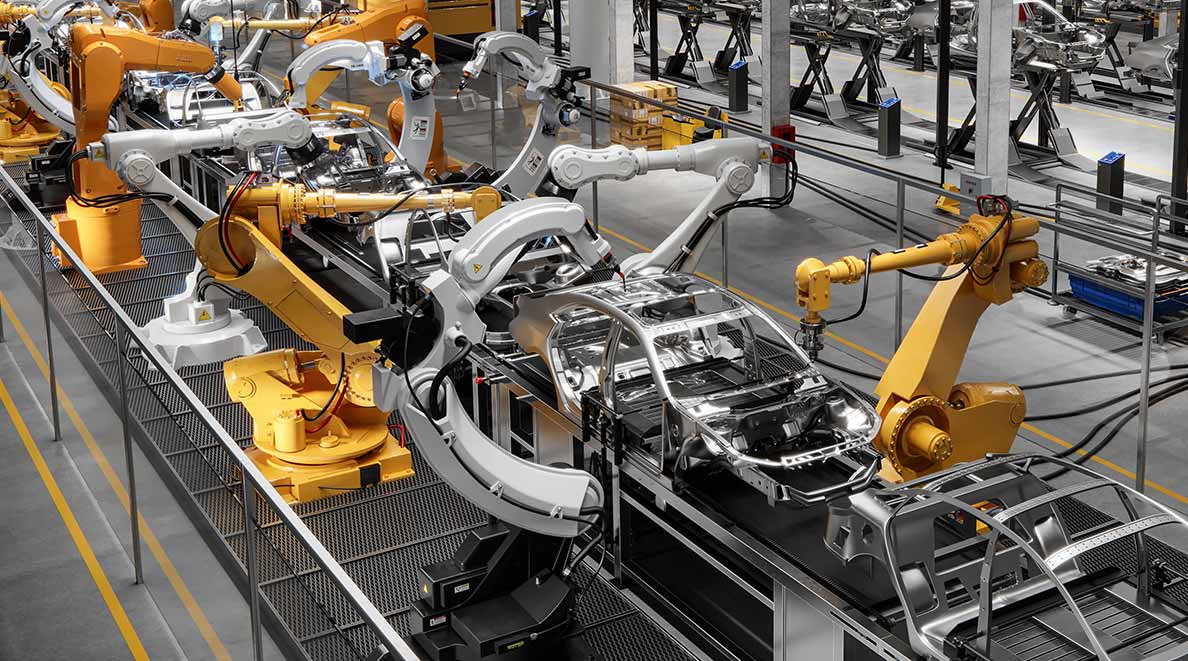Manufacturing Systems Development & Applications Department Committees
As one of the four IAS Technical Departments, we are responsible for establishing policies that will help our members acquire new knowledge and technology related to manufacturing systems development and applications, and to provide a forum for information exchange and networking. The Manufacturing Systems Development & Applications Department (MSDAD) represents the three technical committees listed below.
Department Chair: Maciej Noras (email chairperson)
Technical Activities Departments

Electrostatic Processes Committee
Chairperson: Hak-Joon Kim
Contact: Email Chairperson
Scope: The scope of the Electrostatic Processes Committee is the treatment of all matters within the scope of the IAS in which the emphasis or dominant factor specifically relates to the utilization and/or control of electrostatic phenomena.
For more information, please contact the committee chairperson.

Industrial Lighting and Display Committee
Chairperson: Laurent Canale
Contact: Email Chairperson
Scope: The scope of Industrial Lighting and Display Committee is the treatment of all matters within the scope of the IAS in which the emphasis or dominant factor specifically relates to light and lighting.
For more information, please contact the committee chairperson.

Industrial Automation and Control Committee
Chairperson: Kashem Muttaqi
Contact: Email Chairperson
Scope: The scope of the Industrial Automation and Control Committee is the treatment of all matters within the scope of the IAS in which the emphasis or dominant factor specifically relates to manufacturing and factory automation, including the application of industrial electrical and electronic devices, systems and methods to the conversion, regulation and utilization of electricity for the control of industrial processes, machinery and heating.
Included are applications of transducers, sensors, power electronics, motor control, drive systems, programmable logic controllers, distributed control systems, computers, robotics, vision systems and control system software to machines and manufacturing processes.
For more information, please contact the committee chairperson.


